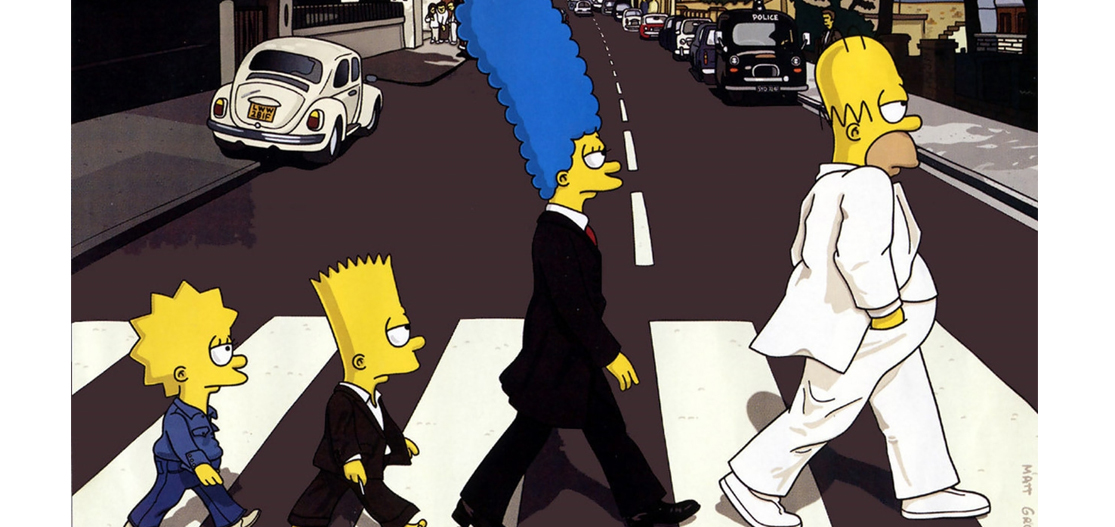TMN Ask A Lawyer: Music video copyright

TMN Ask A Lawyeris a semi-regular column where our readers receive expert legal advice from a renowned entertainment lawyer.
:: ASK A LAWYER – BAND MANAGEMENT
:: ASK A LAWYER – BREACH OF CONTRACT
:: ASK A LAWYER – LABEL SHOPPING
:: ASK A LAWYER – P2P FILE SHARING
:: ASK A LAWYER – WHAT'S IN A NAME?
:: ASK A LAWYER – GIG CONTRACTS
:: ASK A LAWYER – STREAMING EXPLAINED
Q: The guy who filmed my band's music video published it online before we could get our version up. We verbally gave him permission to do so but now it's appearing first in Google search and has more hits than us. What are our options here?
A: If the band paid the video producer for his work, you may have a copyright claim in the absence of a formal contract. This is a contentious issue. No doubt the producer feels that he owns copyright in the music video and should be entitled to royalties if he generates income from the Internet.
It is important to determine whether the band agreed with the video producer that they would pay him an upfront fee or whether it was agreed that he would share in the profits from the exploitation of the video, or whether neither of these scenarios apply.
Usually, bands or artists will pay an upfront fee to the producer in the expectation that they will own copyright in the music video.
Another point in question here is whether a contract existed between the video producer and the band. There appears to be no contract in place, so a determination would need to be made as to whether there is an oral contract in existence. The following factors would need to be considered:
1. Offer and acceptance
Presumably, taking into account the limited facts provided, the producer asked whether he could publish the video online and the band gave him permission to do so.
2. All the terms must be agreed on
If not all the terms were agreed upon there will be no legally binding agreement. In this example, a court may find that all the terms were not agreed upon because there was no mention of who would be remunerated, when and how.
3. The parties must intend to be legally bound
The factor is necessary in order to prevent people from being held accountable for every promise they make. A court will look at the circumstances surrounding the transaction as a whole, including the parties’ actions.
4. Consideration – something valuable must change hands
Consideration is the payment of something for value in return for a promise of the other party. The consideration may be monetary, the performance of services etc. From the limited factual scenario given it appears that there was no consideration and if this were the case, there would probably be no contract in existence.
Proving or disproving an oral contract can be time consuming and expensive. A court will consider all records of discussions and negotiations between the parties, as well as copies of correspondence.
It always pays to be prudent and have a written contract in place from the beginning!
Goodsell Lawyers is the only Australian music and entertainment law firm with a lawyer based in Los Angeles. It representsmany different parties in the music industry, such as artists, publishers, record labels, promoters and managers. Goodsell Lawyers hasalsoworked with many urban artists such as Chingy and T-Pain. It is the only music and entertainment law firm in Australia that offers fixed fees for most matters.
To read more about Gene Goodsell and get in contact, visit the firm’s official website:http://www.goodselllaw.com.au.
Goodsell tweets at: @GoodsellLawyers

































